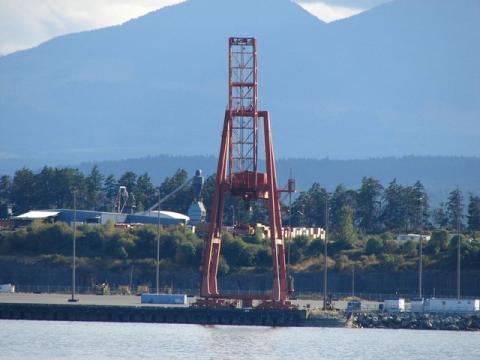
Flammable non-condensible gases (NCG’s), usually referred to as Total Reduced Sulfur compounds (TRS) or Dilute Vent Gases, are byproducts of the wood pulping process. These gases, mostly sulfurous, are extremely malodorous and flammable.
Health and pollution regulations prohibit the release of these gases into the atmosphere. They are usually eliminated by passing them through an incinerator or by using them as fuel in the burner of a boiler or kiln.
Most pulp mill managers have serious concerns about the safe incineration of these non-condensable gases collected from digesters, reactors and other sources in the pulping process:
- Experience has shown that explosions and fires can occur without warning if the concentration of sulfides and other flammable gases entering the incinerator is too high. Besides the risks to personnel, such incidents can damage equipment and result in costly downtime.
Pulp mill operators have also learned that using blowers and venting systems to dilute the gas before incineration is not sufficient to eliminate the risks.
The only certain way to guard against fires and explosions is to use continuous flammable gas monitoring system.

Add new comment